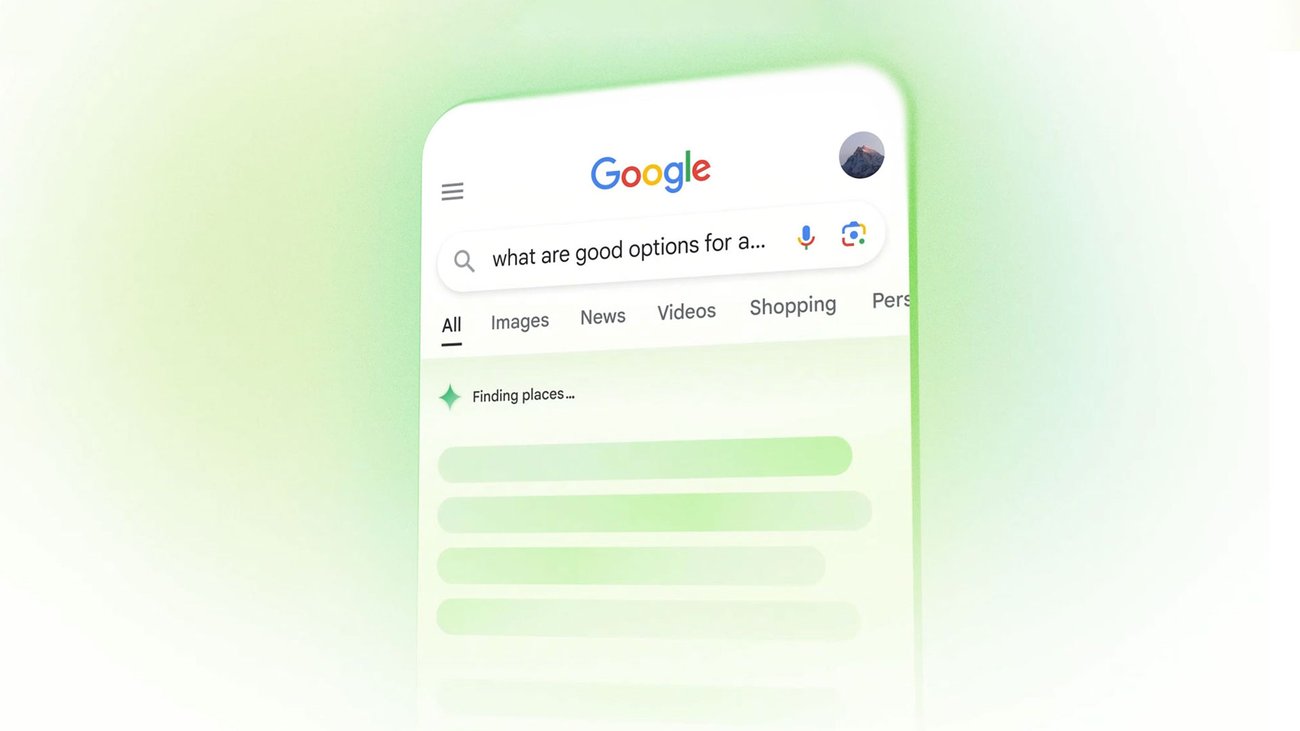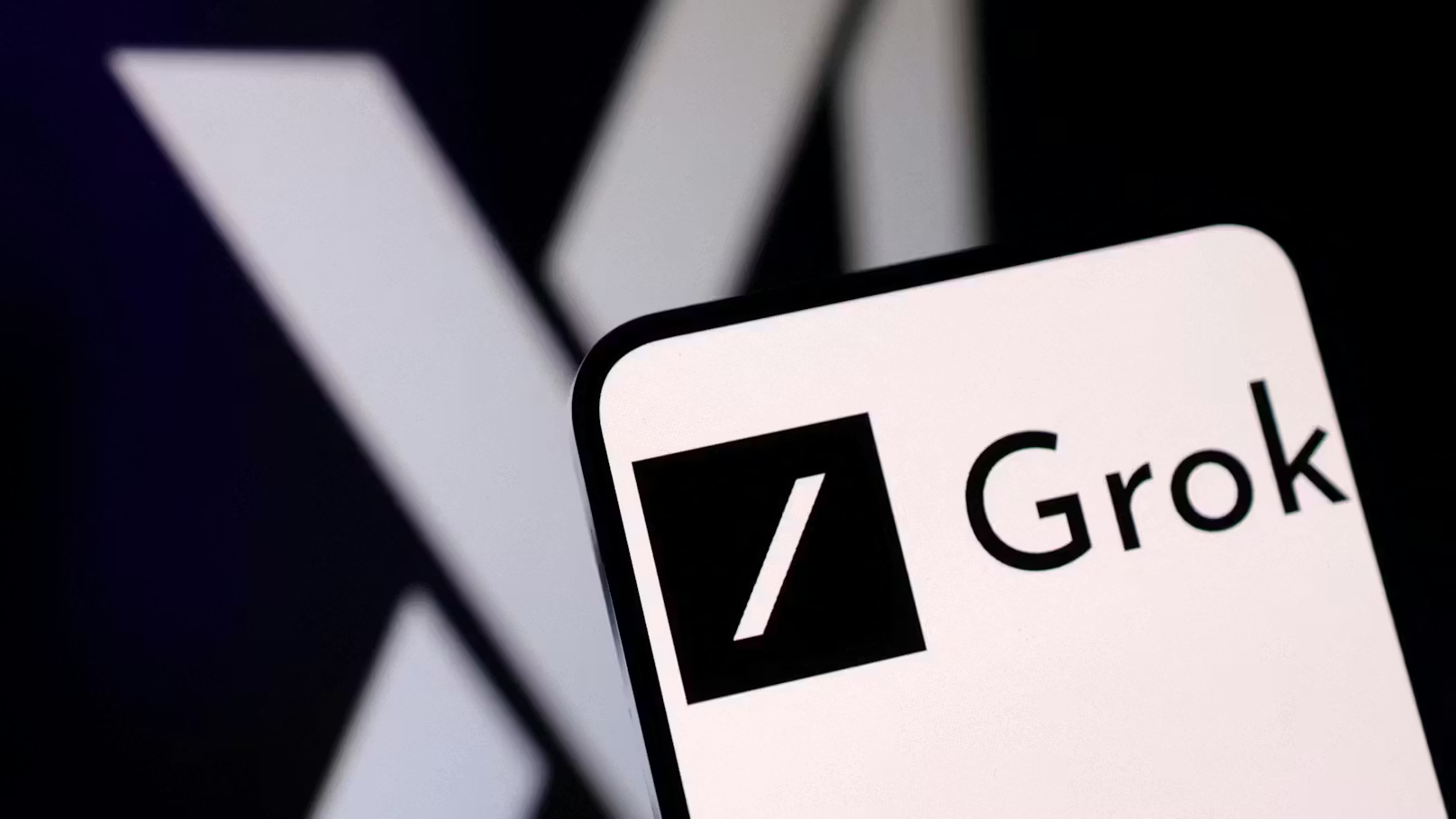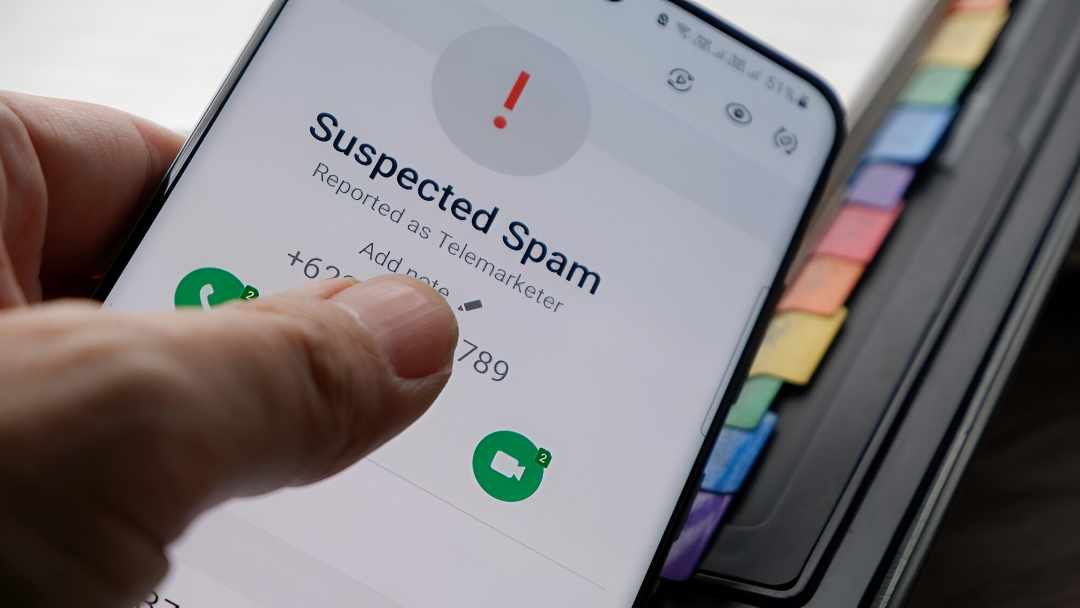Dead phone batteries during emergencies are dangerous, but Google’s new search strategy might be even more concerning for your digital habits. The search giant has officially rolled out ads within its AI Overviews—those auto-generated summaries at the top of your search results—and claims you want them there.
Google says internal data shows these ads have been “received well” by users, but here’s the thing: they won’t share how they measured that. No methodology, no independent verification. It’s like Netflix claiming their algorithm works great based on “internal data” while refusing to show you the metrics.
When you search “how to remove grass stains,” you’ll now see product recommendations woven directly into the AI answer. Some users have already uncovered hidden ways to bypass these AI search results entirely, turning instead to forums or niche engines. These “Sponsored” ads draw from existing Google Shopping and Search campaigns, appearing below or within the AI-generated text.
Your search behavior is about to change, whether you realize it or not. Recent data shows ads appear in only 13.51% of AI Overview searches—a deliberate throttling that suggests Google’s still figuring out the sweet spot between useful and annoying.
The timing isn’t coincidental. Competitors like Perplexity have grown to over 169 million monthly queries with their AI-powered search experience. Google’s response? If you can’t beat them, monetize them.
Publishers are rightfully nervous. When AI Overviews provide complete answers at the top of search results, your clicks to actual websites plummet. This shift represents a fundamental change in how search revenue flows, potentially favoring Google’s AI-embedded placements over traditional web traffic.
Here’s the reality check: Google controls over 90% of global search traffic. They could integrate ads into your morning coffee routine, and most people would adapt. The feature is expanding to desktop and select English-speaking countries later this year, whether you find it “helpful” or not.
The company’s definition of helpful seems suspiciously aligned with profitable. When your search for medical advice comes with pharmaceutical ads embedded in the AI summary, remember that Google’s internal data said you wanted this experience.
This isn’t just another tech update—it’s a fundamental shift in how information gets packaged and sold to you. Your search results just became another advertising platform disguised as helpful AI, and Google’s betting you won’t notice the difference.




























